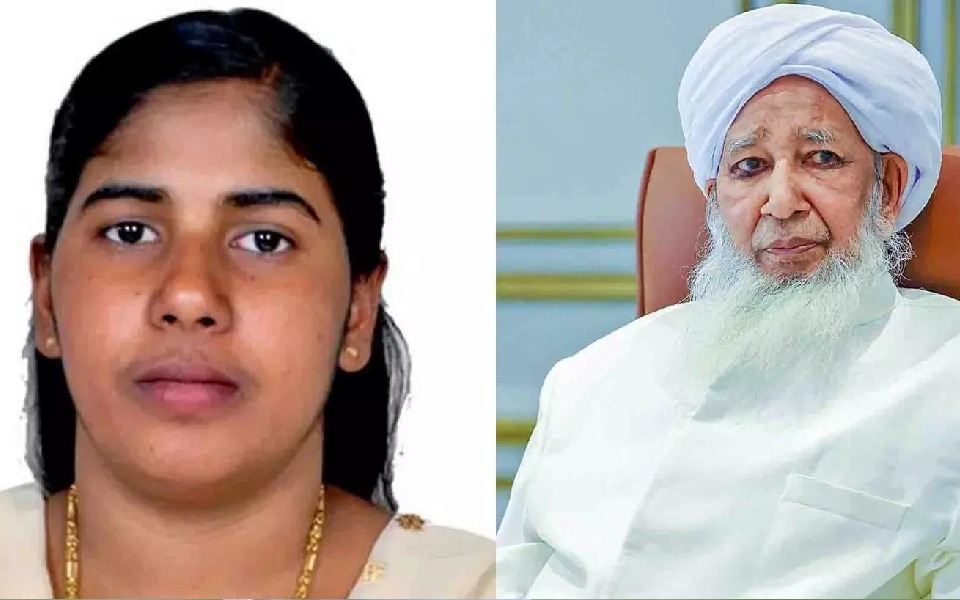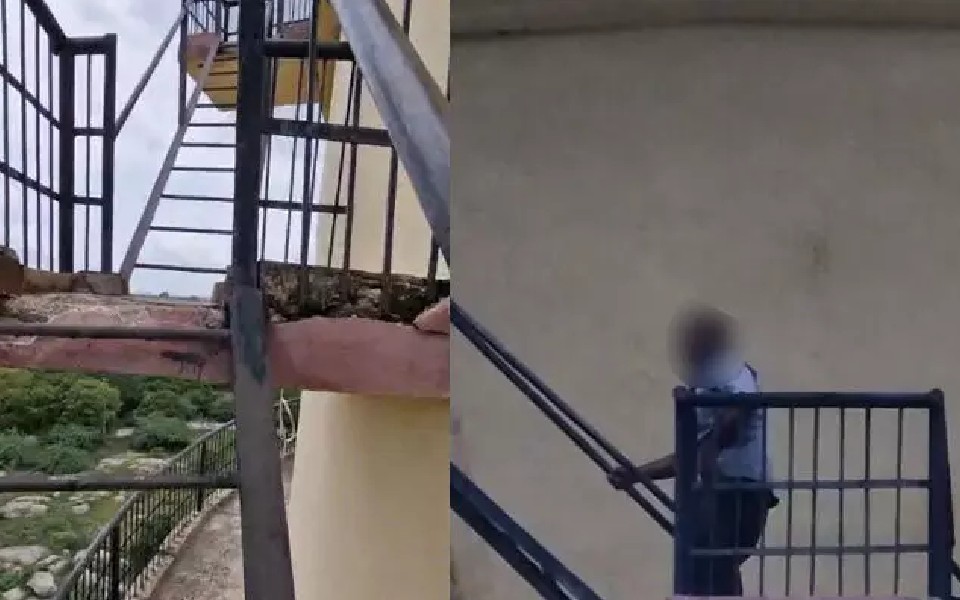Chennai: The Madras High Court has come down heavily on the Enforcement Directorate (ED), observing that it is not merely the Prevention of Money Laundering Act (PMLA), 2002 that is evolving, but the ED officials themselves who are "evolving day by day by expanding their powers".
The remark was made on Tuesday, June 17, by Justice M.S. Ramesh, who was presiding over a division bench along with Justice V. Lakshminarayanan, during the hearing of three writ petitions filed by film producer Akash Baskaran and his associate Vikram Ravindran.
The petitioners alleged that ED officials had effectively “sealed” two premises, an office in Semmenchery and a rented residential flat in Poes Garden, Chennai, during an attempted search operation on May 16, when the premises were locked and the occupants unavailable.
While ED Special Public Prosecutor N. Ramesh denied sealing the properties, claiming that officials had merely pasted notices requesting the occupants to contact the agency, the court found the language used in the notices problematic. Justice Ramesh observed that the notices explicitly stated that the premises should not be opened without ED's permission, a condition the court likened to sealing.
“Even assuming the words in the notice do not amount to sealing, from where do you get the power to prevent an individual from entering his home or office?” asked Justice Lakshminarayanan.
He further remarked that no rational person would risk entering a property bearing such a notice from a central agency, fearing legal consequences.
The court questioned the legal basis for such actions, seeking clarity on which specific provision of the PMLA grants the ED authority to restrict access to locked premises in the absence of occupants.
This observation comes shortly after the Supreme Court, on May 23, had also criticised the ED’s conduct. A bench led by Chief Justice of India B.R. Gavai had remarked, “The ED is crossing all limits… you are totally violating the federal structure of the country.”
Let the Truth be known. If you read VB and like VB, please be a VB Supporter and Help us deliver the Truth to one and all.
Kozhikode: There are strong indications that Nimisha Priya’s death sentence in Yemen may be revoked following significant progress in recent mediation talks. According to mediators, the family of the deceased Yemeni national Talal, who was killed, has agreed in principle to pardon Nimisha.
A press release from the office of Kanthapuram A.P. Aboobacker Musliyar stated that some crucial decisions have been taken in the case. The developments follow high-level negotiations involving a delegation of Yemeni scholars appointed by Habib Umar bin Hafiz, a prominent scholar from Tarim, along with officials from northern Yemen and international diplomatic representatives.
Further discussions with Talal’s family are expected to finalise the terms, especially concerning compensation and legal formalities.
It may be recalled that Nimisha was scheduled to be executed on July 16. However, following the intervention of Kanthapuram A.P. Aboobacker Musliyar, the execution was temporarily postponed on July 15.





